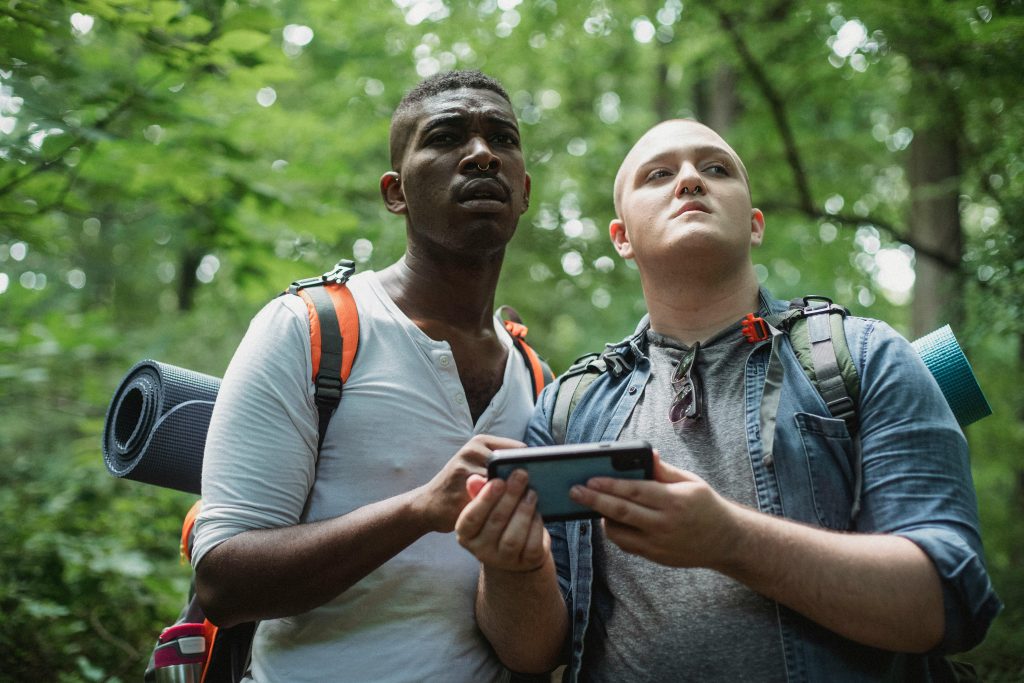The allure of the unknown has always been a cornerstone of travel – a promise of adventure around every corner. However, the same unfamiliarity that enriches our experiences can also become a source of anxiety, especially when the unexpected occurs. For those exploring foreign lands, the prospect of accidents and emergencies is a sobering reality that’s best tackled with practical preparedness and a clear head.
Here’s your guide to navigating travel accidents with savvy resilience.
Understanding Travel Insurance: Your Safety Net Abroad
Before you even set foot in your terminal, one of the most powerful tools you can arm yourself with is comprehensive travel insurance. It’s the financial guardian angel that can make the difference between a temporary setback and an overwhelming ordeal.
What Does It Cover?
Travel insurance for international travel typically includes provisions for emergency medical expenses, repatriation, and cancellations. Some premium policies may even extend coverage to adventurous activities like rock climbing or scuba diving.
Choosing the Right Policy
Be vigilant when selecting a policy to ensure it fits your travel plans and personal needs. Look out for coverage ceilings and any exemptions – particularly if you have pre-existing health conditions or are engaging in high-risk activities.
Pre-Trip Planning: Ready for Anything
Not all accidents will require an insurance claim; some can be dealt with swiftly and effectively if you’re prepared.
Research Local Healthcare Resources
Before departure, research what medical facilities are available in your destination. Identify the locations of reputable hospitals, clinics, and pharmacies, along with their contact information. It’s also beneficial to find out if there’s a reliable patient transport service for any potential emergencies. Keep a list of this information on your person and in your luggage, so you have easy access in a moment of need. This groundwork may seem tedious, but it can significantly reduce panic and confusion when timely medical attention is necessary.
Pack a Smart First Aid Kit
Make sure your kit contains not just band-aids and antiseptic, but also essentials like pain relievers, motion sickness medication, and any documentation about prescription medicines.
Dealing with Common Accidents: From Cuts to Colds
Incidences like small cuts, stomach bugs, or minor sprains are common travel ailments that can be managed with a level head and some basic self-care steps.
Employ Good Hygiene Habits
Prevention is always better than cure, especially in an unfamiliar health environment. Regularly wash your hands, and if water quality is a concern, switch to bottled or sterilized water whenever possible.
Seek Local Advice
For minor issues, local pharmacies can often provide over-the-counter remedies. It’s a good idea to familiarize yourself with any local health customs or remedies that can aid in your recovery.
Navigating Language Barriers: Speaking the Language of Health
Communication can be the biggest hurdle when seeking medical attention in a foreign country where language differences are a substantial barrier.
Learn Medical Phrases and Customs
Arming yourself with a few key medical phrases can help you convey your needs more effectively. Make a note of phrases that relate to symptoms, medication, and allergies.
Tech Tools as a Translator
In a pinch, smartphone translation apps or services can help bridge the language divide. Just be sure to download any necessary dictionaries or language packs before you hit your first Wi-Fi desert.
Contacting Authorities and Embassies: When to Invoke Official Channels
In the event of a significant incident, or if you find local services overwhelmed, knowing how to escalate your situation is crucial.
Major Incidents and Emergencies
For incidents such as severe injuries, criminal activity, or natural disasters, involving local authorities and your country’s embassy is a primary step for your safety and well-being.
The Role of Embassies
Embassies offer consular assistance, including contact with family, legal aid, and assistance in finding medical help. They can also help facilitate any claims processes related to financial losses incurred during your trip.
Conclusion: From Setback to Story
While we can’t predict or prevent every accident, a blend of insight, preparation, and resourcefulness can transform a potential travel disaster into a manageable experience. Always maintain situational awareness and adhere to local customs and regulations. By remaining proactive and informed, you’ll enhance the safety and satisfaction of your international journeys. Safe travels and may adventures lead you to unforeseen wonders!

